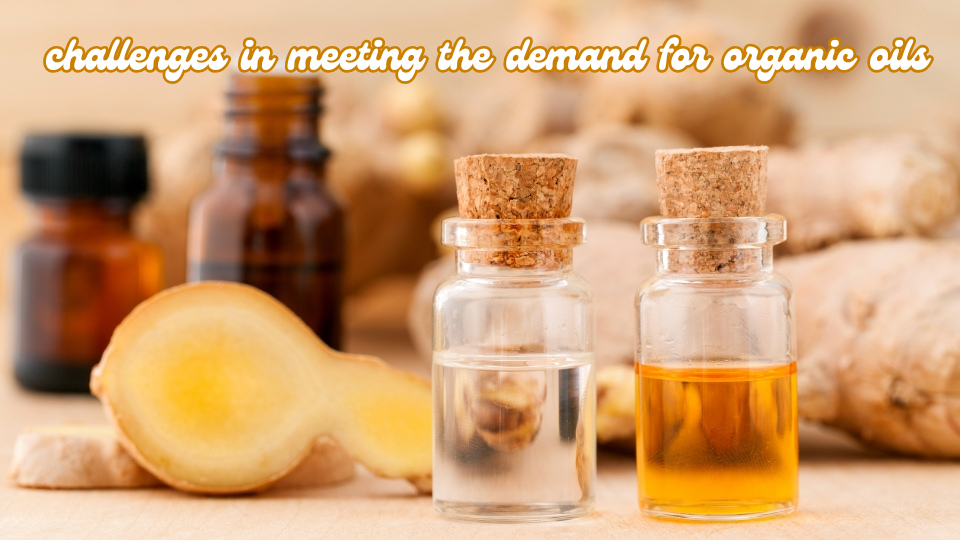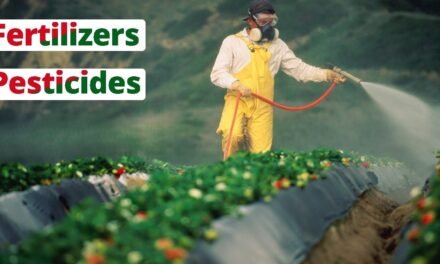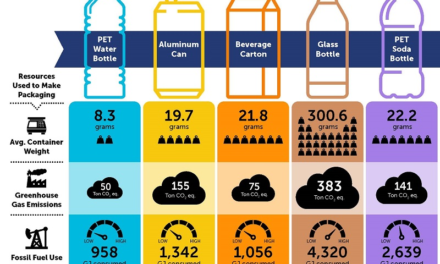Meeting the growing demand for organic oils comes with several challenges across production, certification, distribution, and pricing. These challenges impact farmers, processors, and the supply chain. Here’s an overview of the key obstacles:
1. Limited Availability of Organic Raw Materials
- Restricted Land Conversion: Organic oil production requires certified organic farmland, but converting conventional farmland to organic can take 2–3 years, making it a slow process.
- Lower Yields: Organic oilseed crops often yield less than conventionally grown crops due to restrictions on synthetic fertilizers and pesticides, reducing supply.
- Seasonal Dependency: Organic crops are more susceptible to seasonal fluctuations, pests, and diseases, leading to inconsistent raw material availability.
2. Higher Production Costs
- Expensive Inputs: Organic farming relies on natural fertilizers, pest control, and soil management practices, which are often costlier than conventional methods.
- Labor-Intensive Practices: Organic farming and oil processing require more manual labor, such as weeding, pest control, and crop monitoring, increasing costs.
- Processing Challenges: Segregated facilities and equipment are needed to process organic oils, requiring additional investment to avoid cross-contamination.
3. Certification Complexity
- Strict Regulations: Obtaining organic certification involves adhering to rigorous standards, such as avoiding synthetic chemicals and GMOs, which can be challenging for small-scale producers.
- Cost of Certification: The certification process is expensive and time-consuming, often discouraging small farmers and processors from entering the organic market.
- Maintaining Compliance: Regular audits and inspections are required to maintain organic certification, adding administrative burdens to producers.
4. Supply Chain Limitations
- Segregated Handling: Organic oils must be kept separate from conventional oils throughout the supply chain to maintain integrity, requiring specialized infrastructure.
- Limited Processing Facilities: There is a lack of certified organic oil processing facilities, particularly in developing regions.
- Perishability: Organic oils often have fewer preservatives and antioxidants, making them more prone to rancidity during transportation and storage.
5. Market Challenges
- Higher Prices for Consumers: Organic oils are significantly more expensive than conventional oils due to higher production and certification costs, limiting demand to niche markets.
- Limited Awareness: In many regions, consumer awareness of the benefits of organic oils remains low, restricting market growth.
- Competition with Conventional Oils: Organic oils must compete with cheaper, widely available conventional oils, making it harder to scale production.
6. Environmental and Climatic Challenges
- Susceptibility to Pests and Diseases: Without synthetic pesticides, organic oilseed crops face greater risks of pest infestations and diseases, which can reduce yields and quality.
- Climate Dependence: Organic farming is highly dependent on favorable weather conditions, as organic techniques offer limited tools to mitigate climate-related risks.
- Soil Degradation Risks: Maintaining soil fertility in organic systems requires careful management, and failure to do so can result in declining productivity over time.
7. Geopolitical and Trade Issues
- Import Reliance: Many countries rely on importing organic oilseeds or oils due to insufficient domestic production, making supply vulnerable to geopolitical issues and trade restrictions.
- Non-Standardized Regulations: Organic standards vary across regions (e.g., USDA Organic, EU Organic, and India Organic), complicating international trade.
8. Technological and Innovation Gaps
- Limited Access to Organic Farming Technology: Organic farmers often lack access to advanced organic farming tools, such as biofertilizers or natural pest control systems.
- R&D Challenges: Research into improving organic oilseed varieties lags behind conventional agriculture due to limited funding and market size.
9. Sustainability Concerns
- Resource Intensiveness: Organic farming may require more land to produce the same amount of oil due to lower yields, potentially putting pressure on ecosystems.
- Water Management: Organic crops often need more precise water management, especially in arid regions where water is scarce.
10. Scaling Organic Oil Production
- Small-Scale Production: Many organic oil producers are smallholder farmers who face challenges scaling production to meet rising demand.
- Fragmented Supply Chain: The organic oil industry is less consolidated than the conventional sector, making it harder to streamline production and distribution.
Solutions and Future Directions
- Investment in R&D: Developing high-yield, pest-resistant organic oilseed varieties can help overcome yield and pest challenges.
- Government Support: Subsidies for organic farming, streamlined certification processes, and awareness campaigns can boost organic oil production.
- Consumer Education: Raising awareness about the benefits of organic oils can expand the market, justifying higher prices.
- Improved Infrastructure: Establishing dedicated organic processing and distribution networks can reduce supply chain bottlenecks.
Meeting the demand for organic oils requires balancing sustainability, scalability, and affordability. Addressing these challenges will involve collaboration among farmers, governments, businesses, and consumers to create a robust and equitable organic oil sector.









